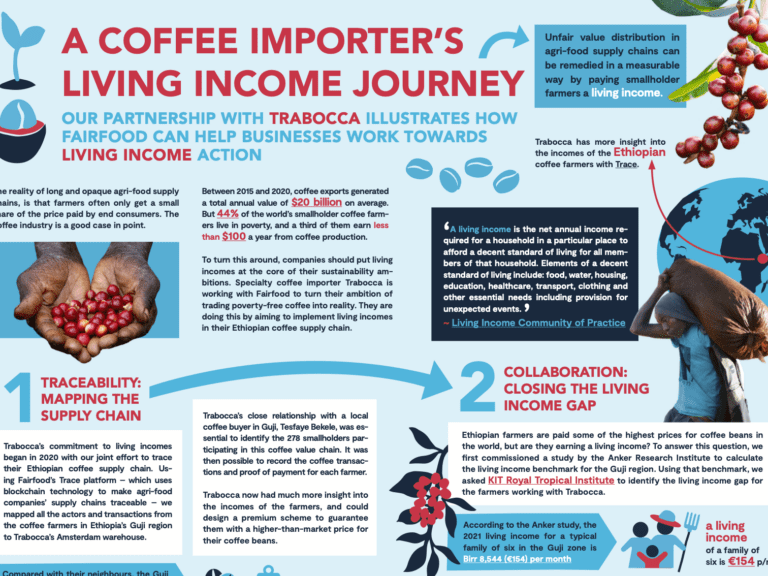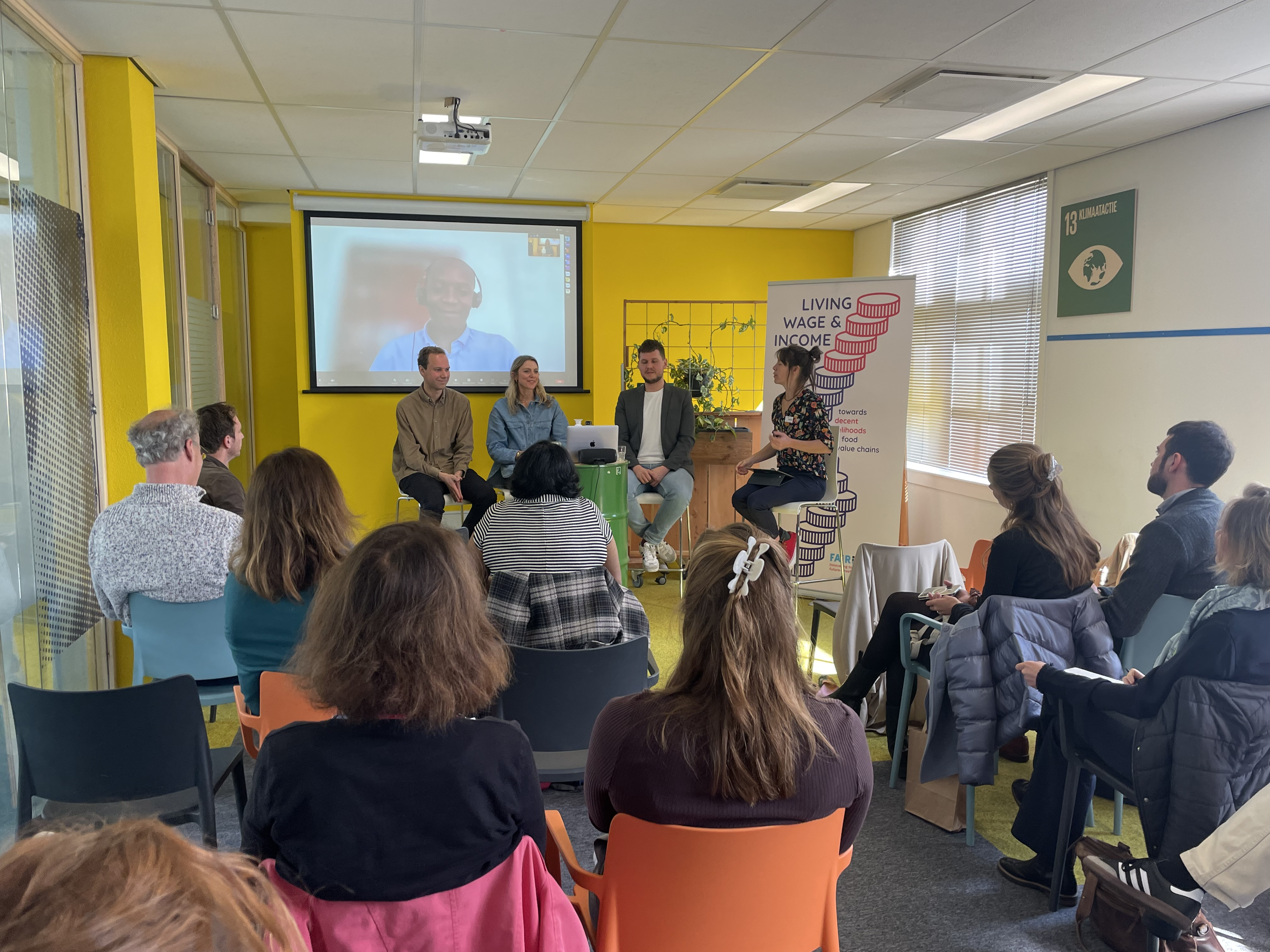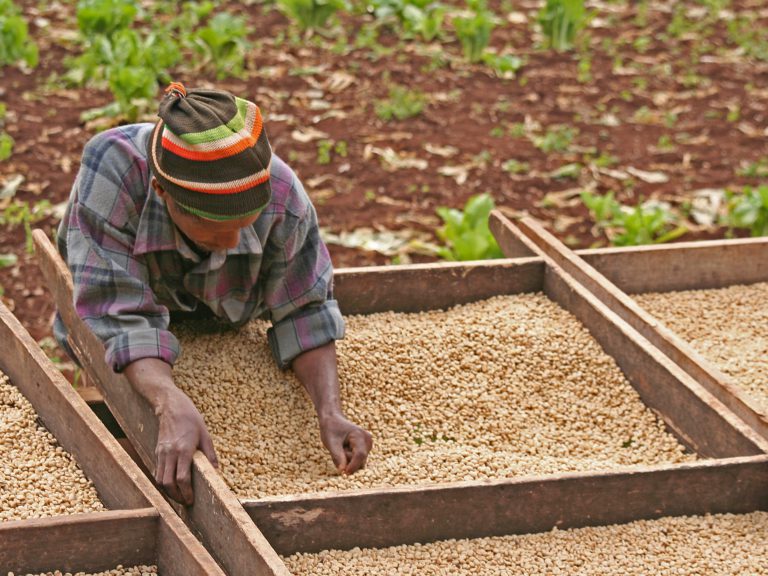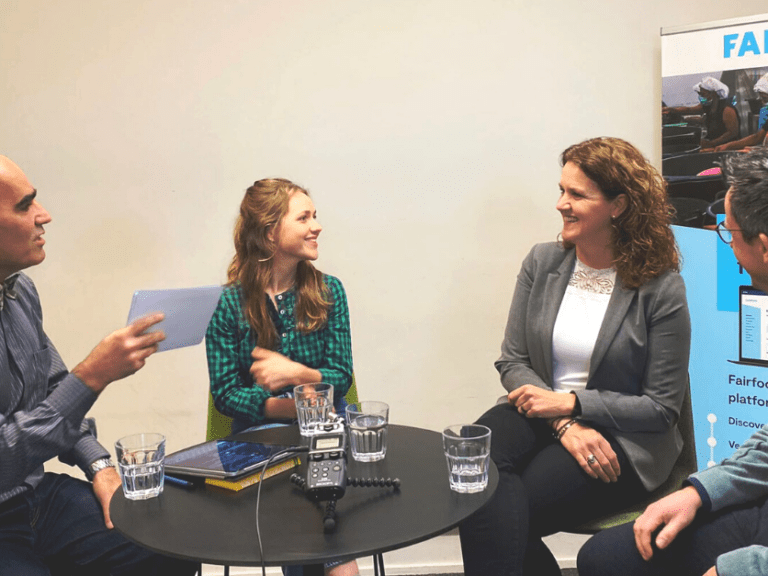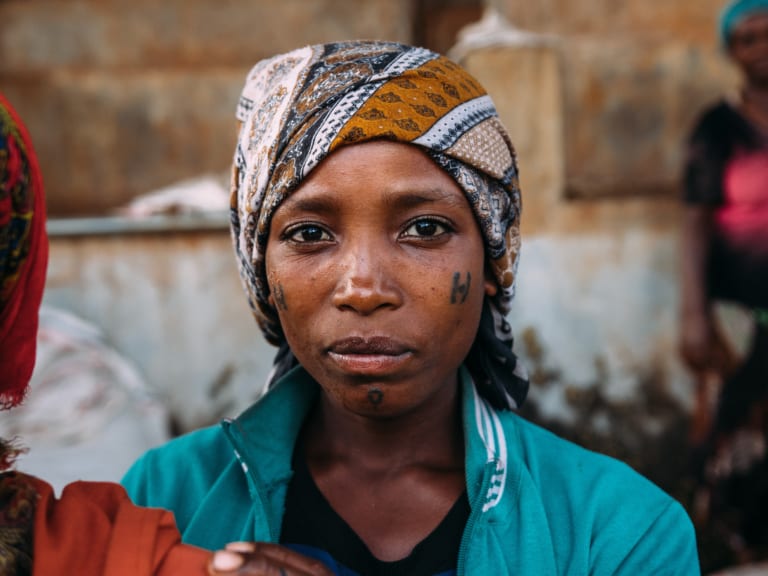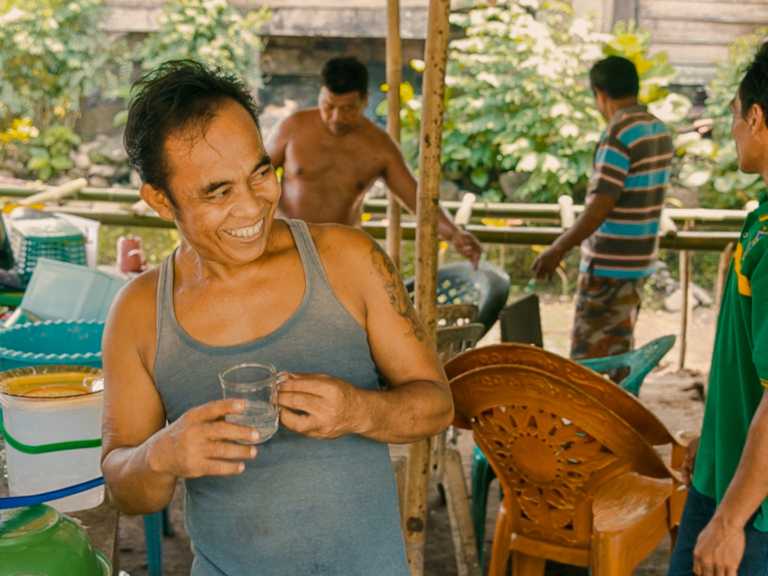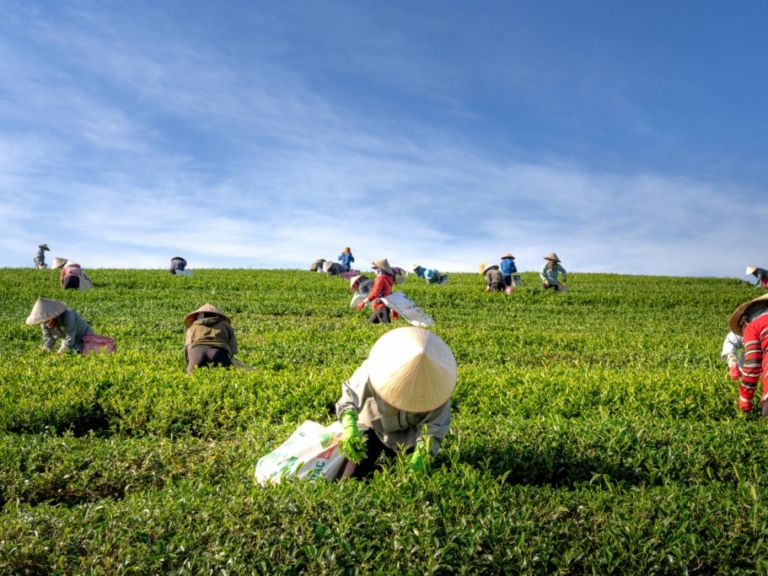Why do we aim for a living wage and income?
At Fairfood, we are highly concerned about the growing poverty in the agricultural sector. With platforms like ALIGN and the Living Wage & Income Lab, we are trying to build a food system in which farmers and workers earn not just the minimum wage, but a living wage or income.
The concept of living wages and incomes
At Fairfood, our essential goal is that of improving the livelihood of the farmers producing our food. Whether that happens through stricter corporate accountability, supply chain transparency, smallholder financial inclusion – through all three we aim to ensure that farmers and farm-worker can afford a decent quality of life. But how much do farmers need to earn for this to happen? This is where living wage and income benchmarks come in.
While agriculture contributes to one-third of the global GDP, millions engaged in the sector live below the poverty line. One major reason for the aggravating poverty in supply chains is that minimum wages around the world often fail to meet the requirements for a basic quality of life. This led to the need for a ‘remuneration for a standard working week by a worker in a particular place that is sufficient to afford a decent standard of living for the worker and his or her family’, otherwise known as a living wage.
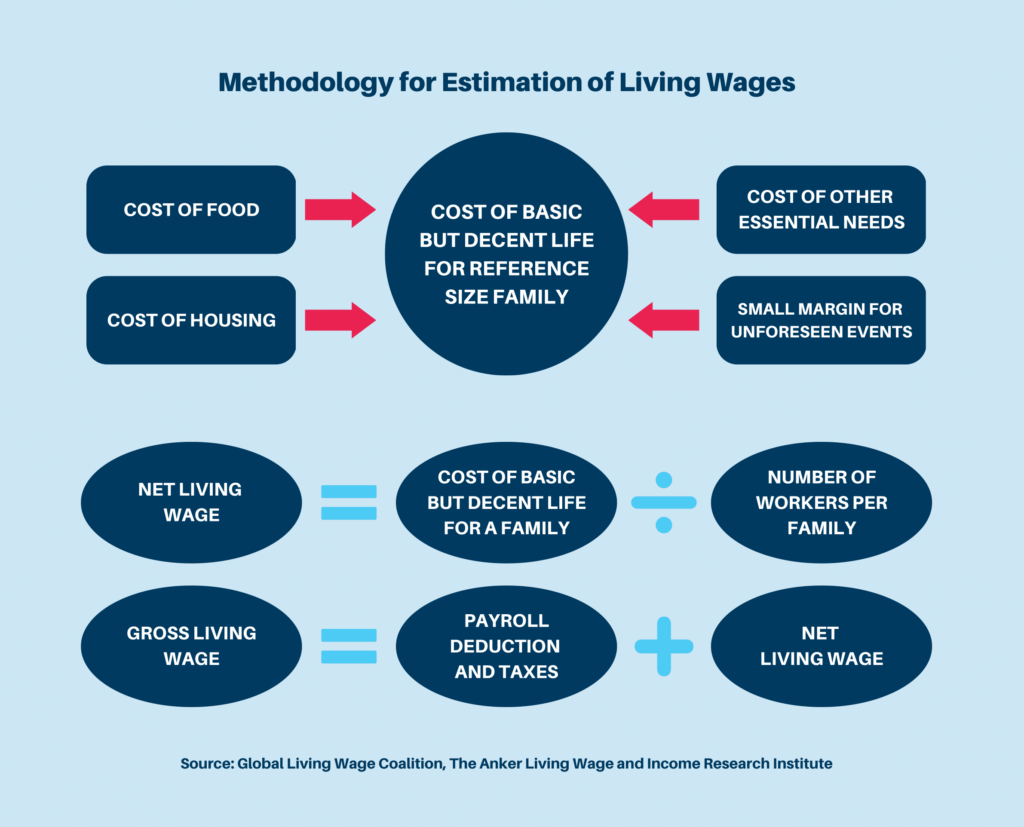
Living wages
Simply put, the goal of a living wage is to allow a worker to afford a basic but decent standard of living through employment and without government subsidies. A decent standard of living means that you can afford food, water, housing, education, health care, transport, clothing, and other essential needs like provision for unexpected events.
While a living wage concerns achieving a decent standard of living for households, the concept only applies in the context of hired workers, like the ones in factories.
Living incomes
But the agricultural sector, especially in low and middle income countries, holds a large number of self-employed and seasonal workers. To make sure that temporary workers and self-employed farmers too, earn a fair wage, the concept of living income was introduced.
Defined as the ‘net annual income required for a household in a particular place to afford a decent standard of living for all members of that household’, a living income takes into account every aspect considered for a living wage, but translated to self-employment.
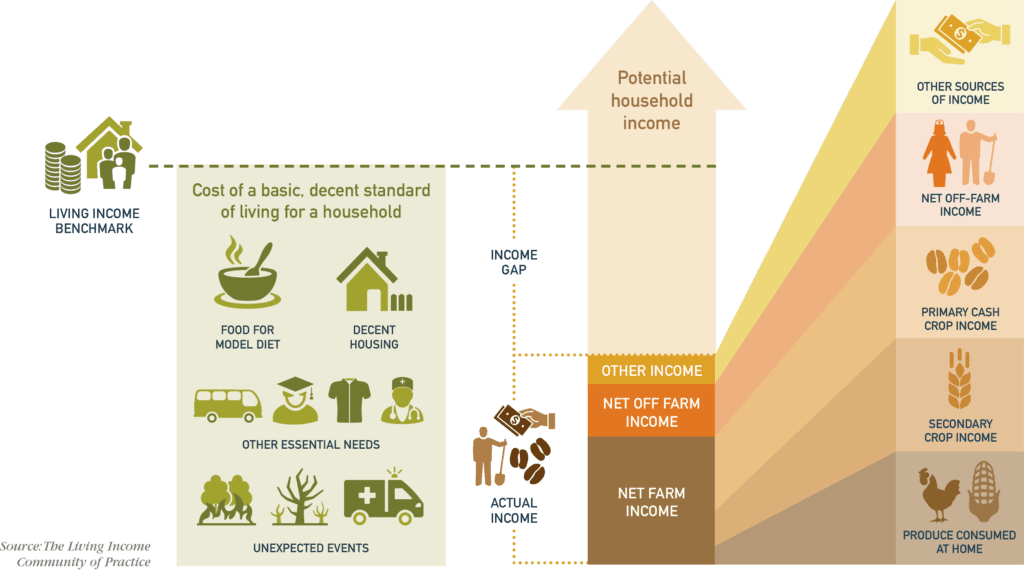
(Source: The Living Income Community of Practice)
What we do
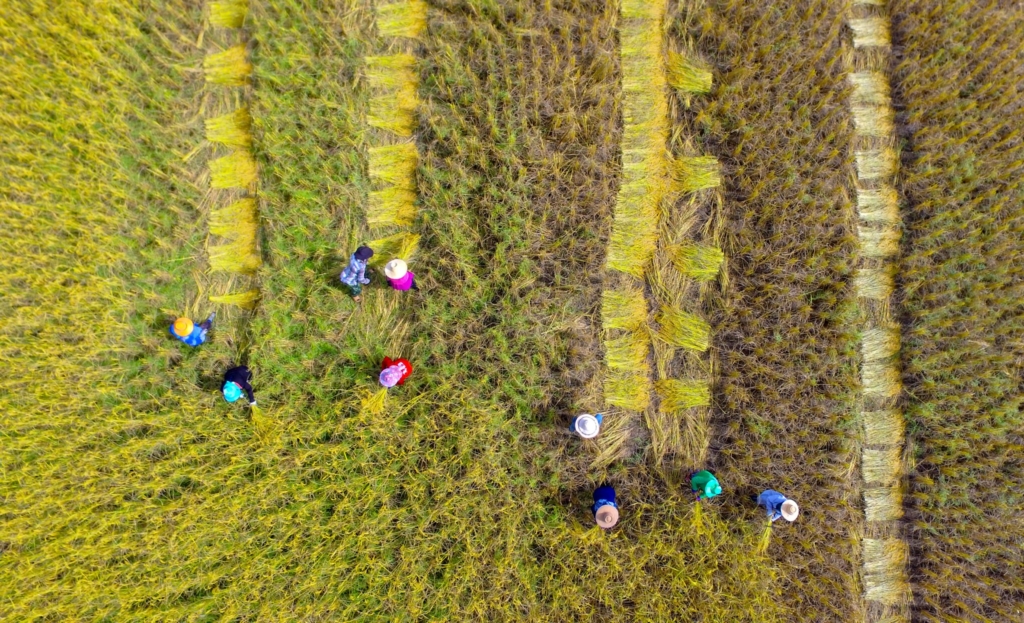
ALIGN
ALIGN is a guidance tool for agri-food companies aiming to reduce complexity around the topic of living wage and living income. ALIGN brings together the work of leading organisations and experts, and directs users to relevant resources, tools and partners.
Check out ALIGNThe Living Wage & Income Lab
The Lab is a platform for co-creation and experimentation: just like in a laboratory, we test ideas and combinations to develop new ideas and prototypes to address the living wage and income issue.
Check out the Lab
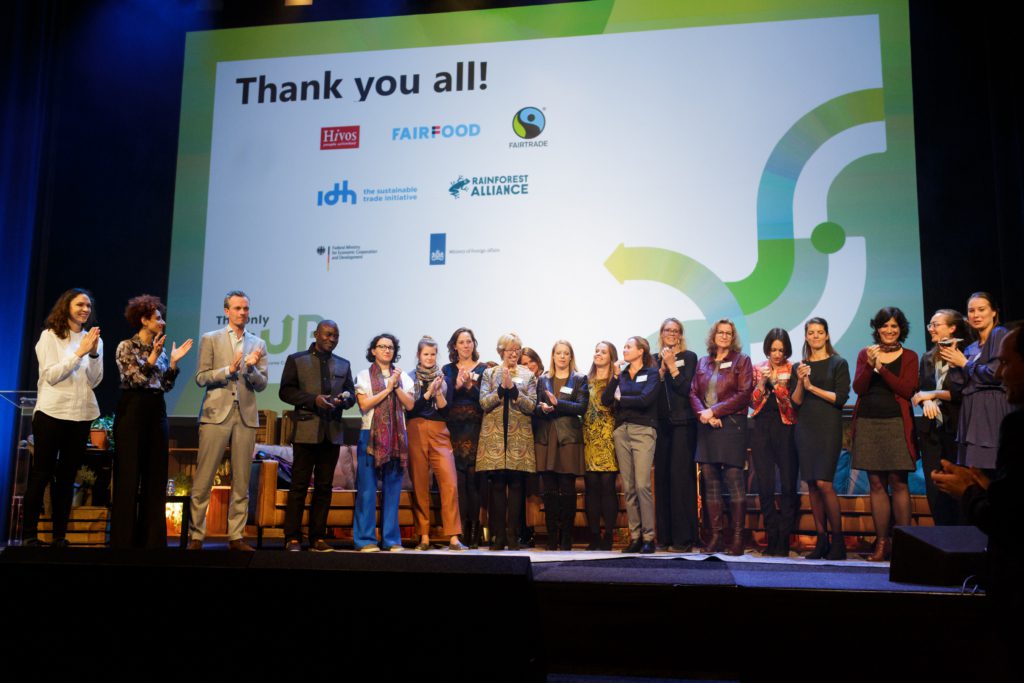
International Conference
The Only Way Is Up! was the worlds’ first international conference on living wage and income. The event became a centre-stage for exchanging knowledge and practical experiences in creating a better food system and eliminating poverty from the value chains.
Explore event
